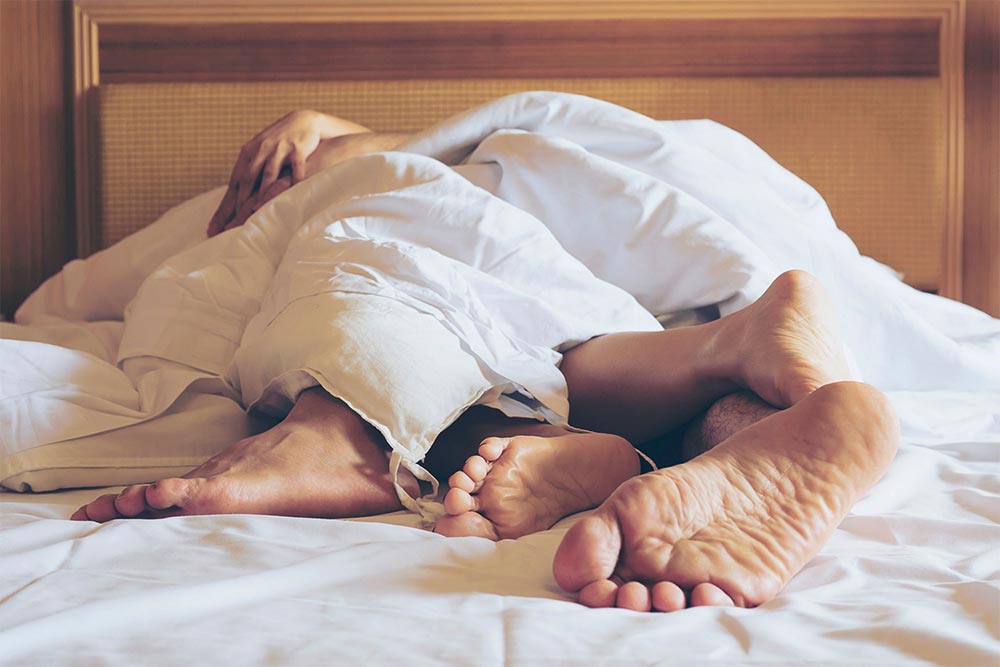Testosterone is the primary sex hormone that is produced within the testicles, and it plays a vital role in male development as well as sexual functions.
Testosterone is responsible for a male teenager’s puberty stage, helping them develop bodily hair, deeper voices, broader body parts, and stronger muscles. Though women also have testosterone, men have a larger concentration of it, with testosterone levels rising to 30% higher at the onset of puberty.
However, testosterone deficiency is something that plaque a significant amount of men today. TD or Testosterone deficiency syndrome means that the body is not producing and circulating enough of the hormone in order to carry out its functions. This implicates a lot of irregularities physically and emotionally.
Symptoms of testosterone deficiency syndrome may include:
- A decrease in sexual desires.
- Random fatigue.
- Reduced muscle mass.
- Irritability.
- Unstable emotional states.
- Erectile dysfunction.
A decrease in testosterone levels is bound to happen to all men, especially once they reach the age of 30. After which, it will only get worse as you age. While as few as 1% of younger men may have low levels of testosterone, as many as 50% of men over age 80 may have low T. However, younger men who have low testosterone are somewhat a concern, and its causes are a lot to unpack as well.
Some clinical studies found that men with a high BMI (Body Mass Index) had a lower average testosterone level, and they discovered that men who participated in physical activity were less at risk of having low testosterone. This creates a link between low testosterone and unhealthy lifestyle habits, with obesity and dietary habits being major factors.
In other research, experts who evaluated the dietary habits of 125 adult men found that those who ate high amounts of bread, pastries, dairy products, and desserts and who ate out often were about six times more likely to have low testosterone than those who didn’t have those habits.
Causes of low testosterone
- Testicular injury and infections.
- Cancer treatments and radiation exposure.
- Hormone imbalances and pituitary gland disorders.
- Painkillers and opioids.
- Genetic disorders.
- alcohol and drug abuse.
However, it is better viewed under the lens of hypogonadism and its two branches.
Primary hypogonadism
Primary hypogonadism is caused by underactive and unhealthy testes. This may come from an inherited or genetic trait or disorder, but it may arise from concurrent illness and physical injury.
Inherited conditions include:
- An undescended testicle is a condition wherein the testicles never separated from the abdomen while still in the mother or during birth.
- Klinefelter’s syndrome is a condition wherein the male is born with an extra sex chromosome, that being X,X,Y.
- Hemochromatosis is a condition where there is too much iron in the blood, which causes damage to the pituitary gland and ultimately testicular failure.
Physical testicular damage that can lead to primary hypogonadism includes:
- Outdoor injuries cause severe harm to both of the testicles.
- Mumps orchitis is a development of mumps that impedes the testicles.
- Radiation exposure causes concerning damage to the testicles.
Secondary hypogonadism
Secondary hypogonadism is related to damage and trauma to the hypothalamus and the pituitary gland, parts of the brain that are responsible for hormone production in the testes. There can be a lot of conditions under this branch, and some of these include:
- Kallmann syndrome, which affects normal hypothalamus function
- Tuberculosis
- Sarcoidosis
- Histiocytosis
- HIV/AIDS
Lifestyle choices and/or normal circumstances and habits that can lead to secondary hypogonadism include:
- Normal aging: Aging affects the entire body, and this includes the production and response to hormones.
- Obesity and an irregular amount of high body fat will affect hormone production and hormone response medications: steroids and opioid intake negatively impact the functions of the pituitary gland and hypothalamus.
- Severe emotional trauma or stress.
- Physical trauma such as injury or the aftermath of surgery can have implications on the reproductive system.
- Alcoholism and drug abuse.
It may be possible that you are affected by both branches, especially considering that secondary hypogonadism may just come about due to age or an imbalance in diet.
Despite the major role that testosterone plays in the male body, it will behave just like any other hormone. It will adjust to how we treat ourselves – our diet, our routine, and our emotional well-being. Once and if we do everything in moderation and in the correct amount, the chemicals in our body, testosterone included, will begin to backtrack into healthy amounts.
If you have testosterone deficiency, you can also help find treatments for the condition by joining at Power testosterone clinical trials. You can also consult your primary care physician about this so you can be referred to a specialist.
You can also find support groups online so you can hear other people talk about their experiences while living with testosterone deficiency.

